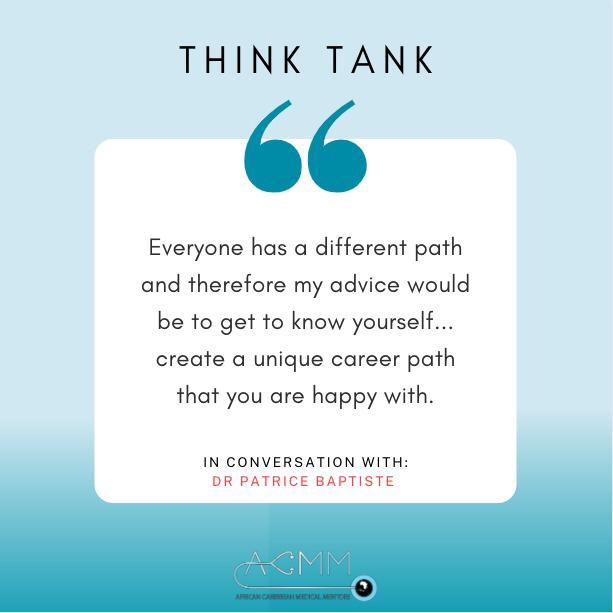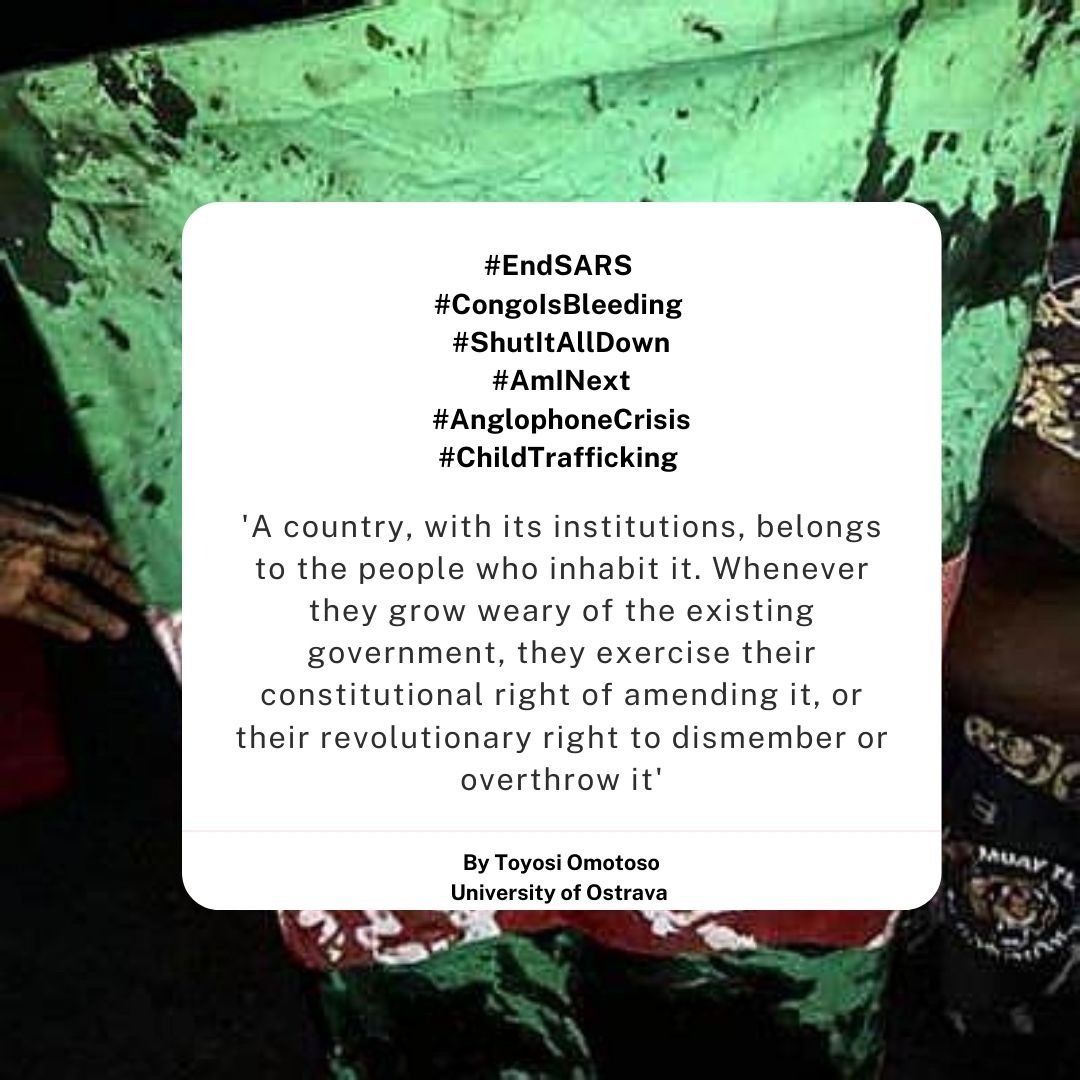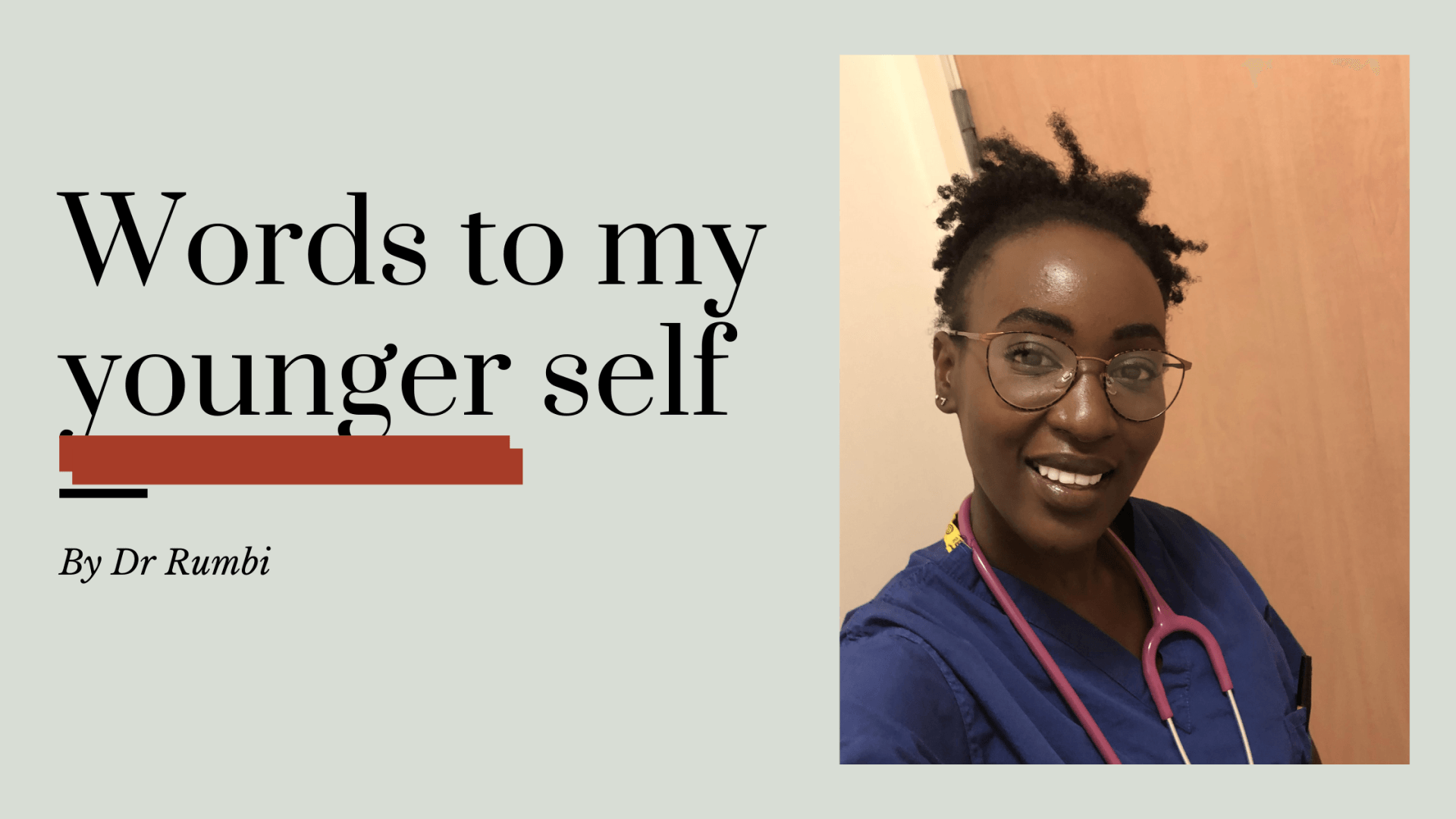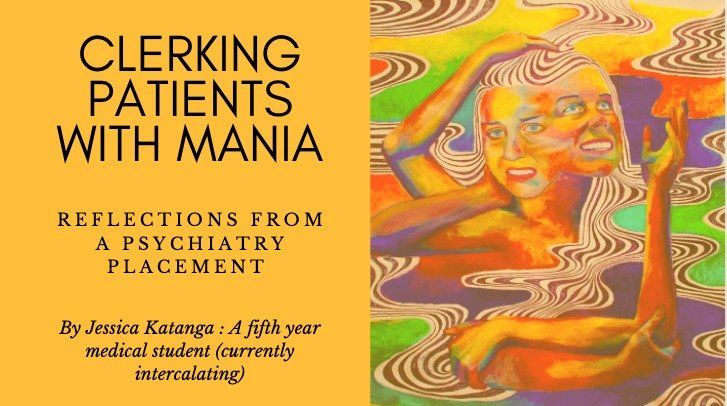Why is Black History Month important?
“Why do we still need Black History Month (BHM)?”
“It disregards other POC communities”
“It’s way better than it used to be”
“We don’t have a White History Month!”
Sound familiar? Perhaps there is an element of truth to these statements. A truth that believes that things are actually getting better, that the black struggle isn’t “as bad” anymore or that we are creating our own division by only showcasing our success and not everybody else’s. But who is this rhetoric true for? As a young black woman, I take pride in celebrating BHM. I believe the foundations of our past must be brought to light, to not only black people but the world. The unfortunate reality is that we live in a world where those that have suffered at the hands of societal norms are not seen the same as their counterparts.
Think about it.
We don’t have to fight for the rights of white, straight able-bodied men because in all these categories (race, sex, disability and gender) they reign superior over anyone or anything that poses different to this image. And historically, anyone different has suffered oppression – to the point that the repercussions are still being felt in our everyday lives. For several reasons, I feel that this month is essential for the black community, to continue to re-establish [not only ourselves] but the history that was once erased from us.
1. BHM is a cause for celebration
A frequent saying this year is that we are fighting two pandemics: COVID-19 and racism. The sudden surge of support for the Black Lives Matter (BLM) Movement this summer was a moving but exhausting period of time. With justice being finally acknowledged in some instances, it was very draining to get people to realise and understand that black lives are as equal and worth fighting for.
BHM should be honoured in all its glory as it enables us to change the narrative.
We can uplift, celebrate and strengthen individuals who are aiding to advance our community as a whole, and remember those who made it their life's purpose to better our future. From the Civil Rights Movement in the 50s/60s to Joshua Beckford, the youngest boy to attend the University of Oxford, there is so much success worthy of recognition amongst us. Yes, it has been tiring especially with the deaths, inequality and oppression we have witnessed. However, Black History Month allows us to focus on the good and be hopeful for the change to come.
2. BHM is an education tool
There is power in learning about your history. To have a complete understanding of your identity and how rich your culture is. In many 1st world countries, where our parents or grandparents have migrated to, it is very easy to adapt to the country’s customs and adopt their history as our own. To an extent, we do identify with such e.g. being Black British. But on the other hand, a lot of us are unaware of the role our ancestors played in building the foundations of western countries or the contributions they made to creating an equal playing ground for us. Everybody knows the names of the 6 wives of Henry VIII, but have you heard of the Bristol Bus Boycott of 1963? Inspired by the Montgomery Bus Boycott in the US 10 years prior, Paul Stephenson and the West Indian Development Council led the boycott of the Bristol Omnibus Company, as racial discrimination was rife in their employment sector. Lasting four months, the company eventually overturned their refusal to employ Black and Asian staff. BHM gives us the chance to seek and delve into our rich past, a past that we’re perhaps less likely to acknowledge in the diaspora.
Personally, I feel that this month is also educating people outside the black community. The responsibility isn’t necessarily on us to teach others about their own privilege or the systems put in place to oppress us. However, the promotion of BHM is impossible to ignore – in arts & culture, TV & radio, politics, businesses, education (and more); there are many avenues to learn about our cultures/history and why the month as a whole is celebrated.
3. BHM acts as a reminder
Although a significant change has been made, there is definitely a long way to go. Oppression still occurs today, but it just “looks different”. In some cases, racism is not as overt as it used to be, but it is still in operation. I believe this month acts as a reminder to all of us that the work to dismantle systemic racism, to get black history taught in schools, to change stereotypes associated with us and so on is an ongoing fight beyond the month of October.
Why? Because:
- Last year 24% of black people were shot in the US, when they make up only 13% of the population
- In a study at the University of Virginia in 2016, white medical students were more likely to show racial bias when administering pain treatment to patients
- Ofcom received 24,500 complaints about Diversity’s BLM performance on Britain’s Got Talent
- Black women are 3 – 4 times more likely to die from childbirth complications than their white counterparts
- Black children across the world get suspended for hairstyles that “disrupt learning” or “do not meet the criteria” for school policy
- My CV is more likely to be accepted if my name is white-sounding.
The sad thing is that the list goes on. The majority of our society are unaware that such racism and discrimination occurs, or that it is even embedded in the very institutions put in place to protect us. Black History Month can shed light on these discrepancies, educate and celebrate the community. Therefore, let us hold it with great importance in our social calendar.
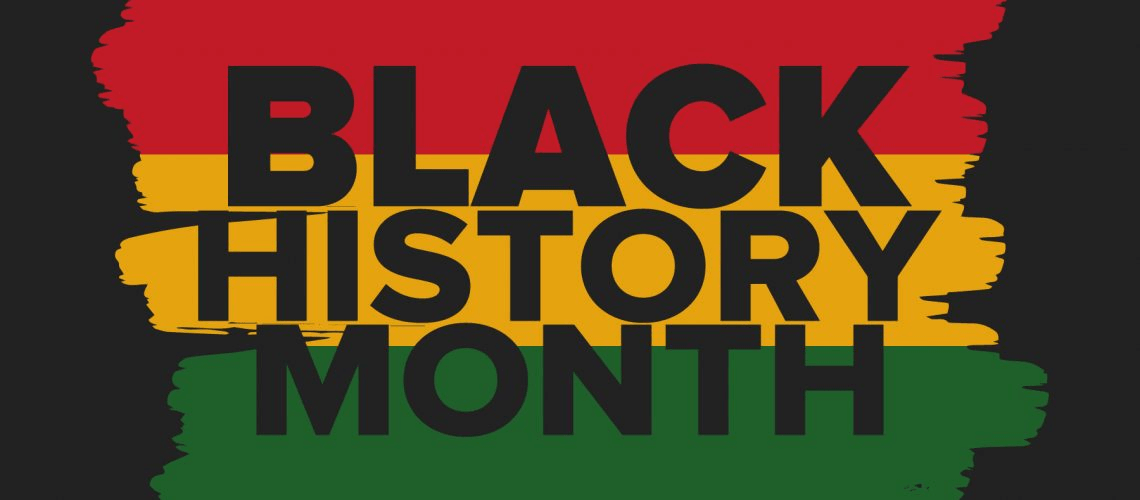
References
https://www.blackhistorymonth.org.uk/article/section/bhm-heroes/the-bristol-bus-boycott-of-1963/
https://www.endofound.org/the-disparities-in-healthcare-for-black-women
https://bwhi.org/policy-development/
https://www.pnas.org/content/113/16/4296
https://www.chroniclelive.co.uk/news/tv/bgt-ofcom-complaints-amanda-nabil-19057535
https://womensinitiativeedmonton.ca/black-history-month/
